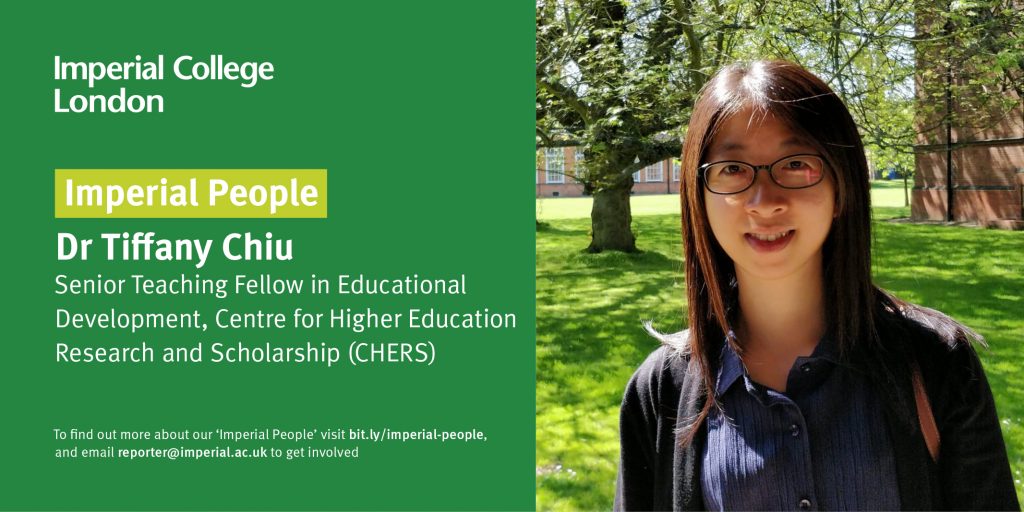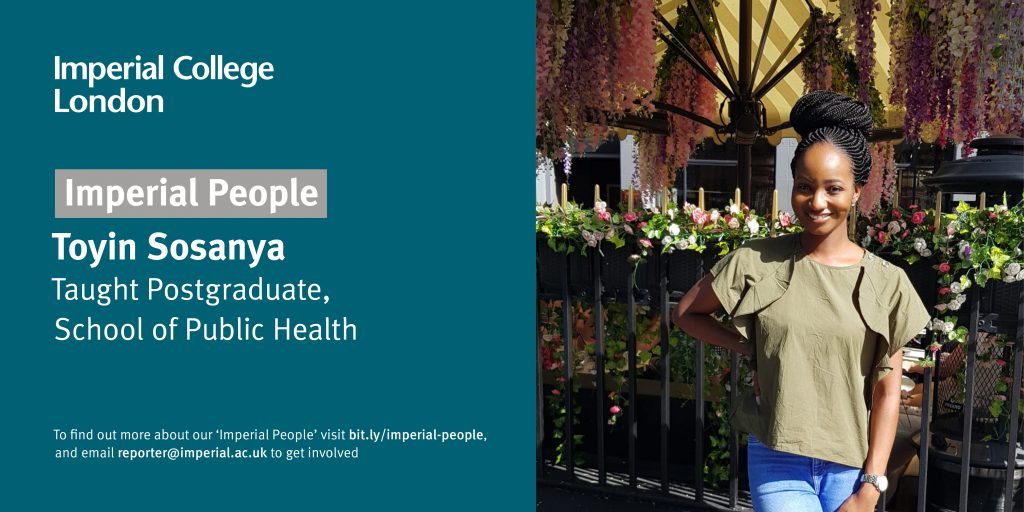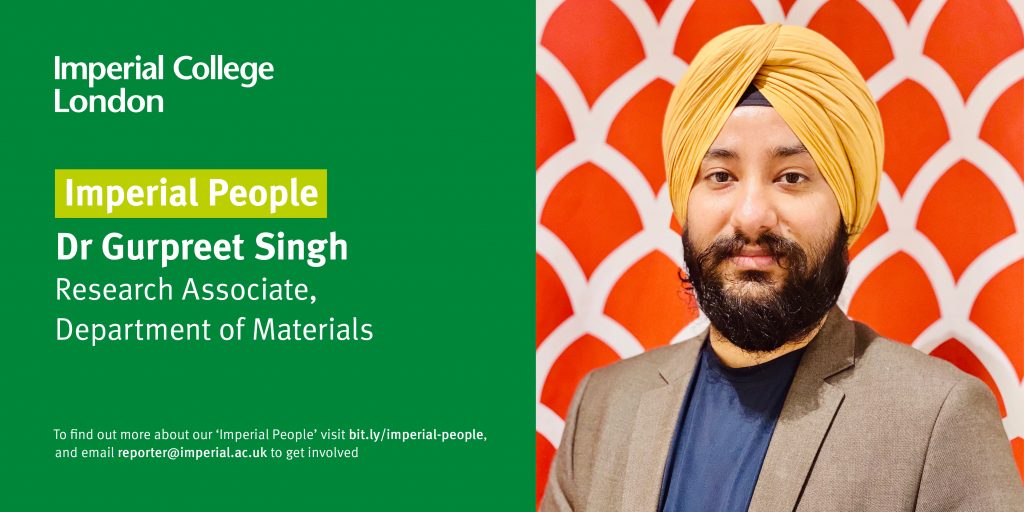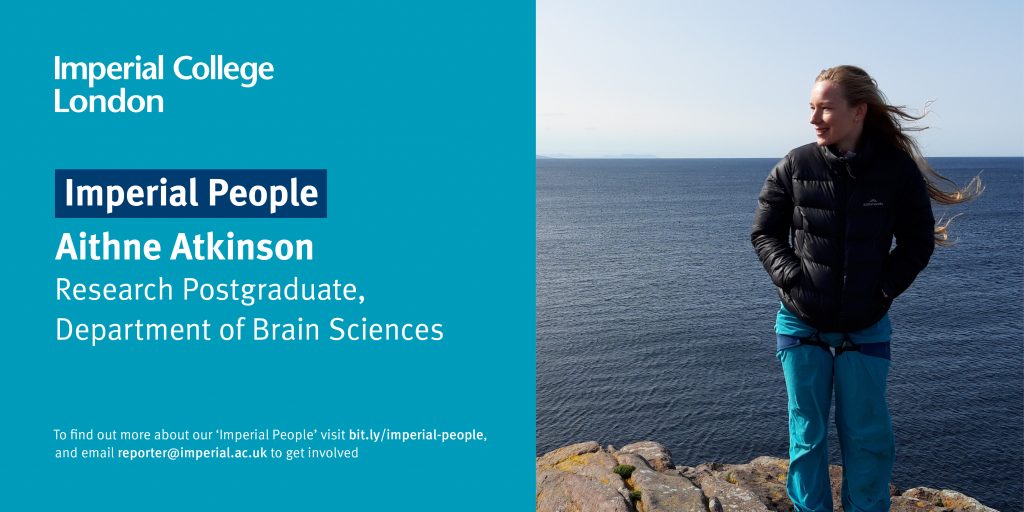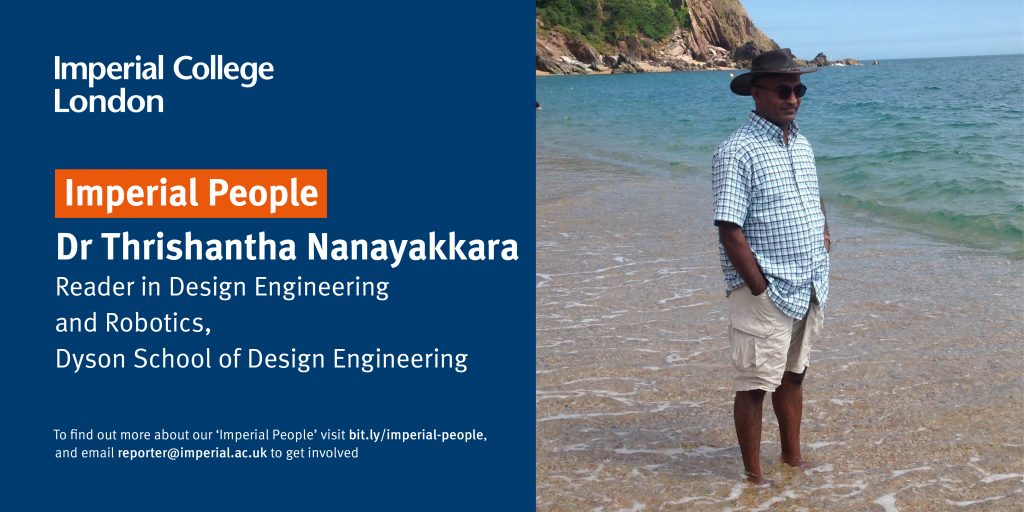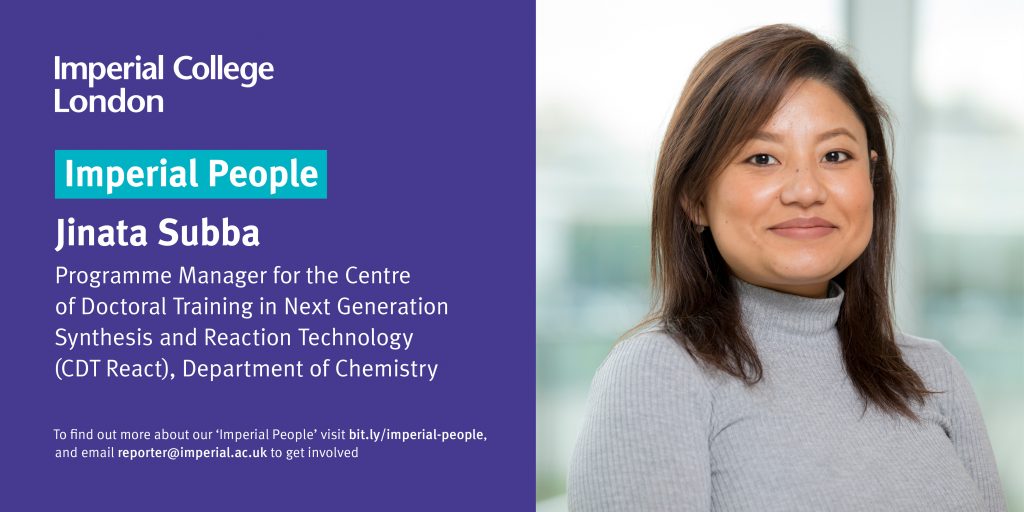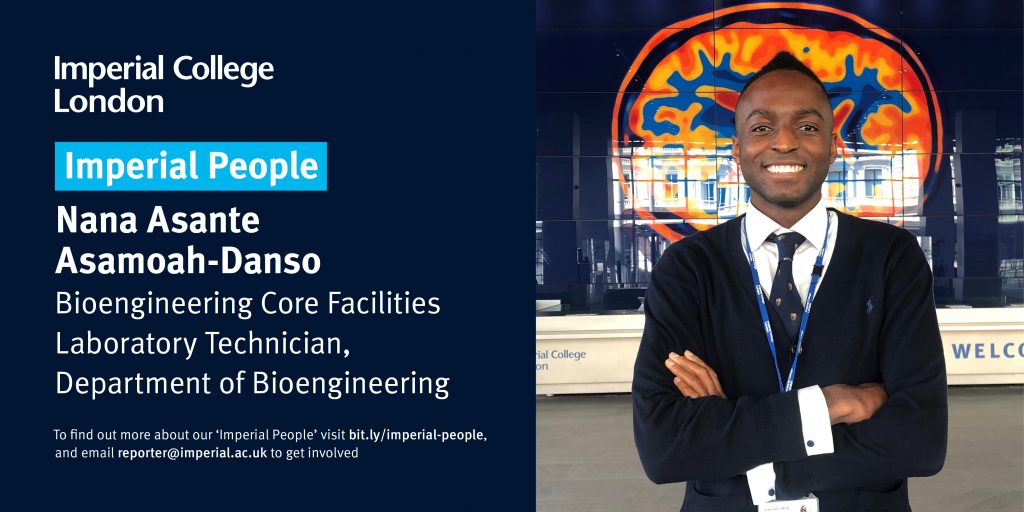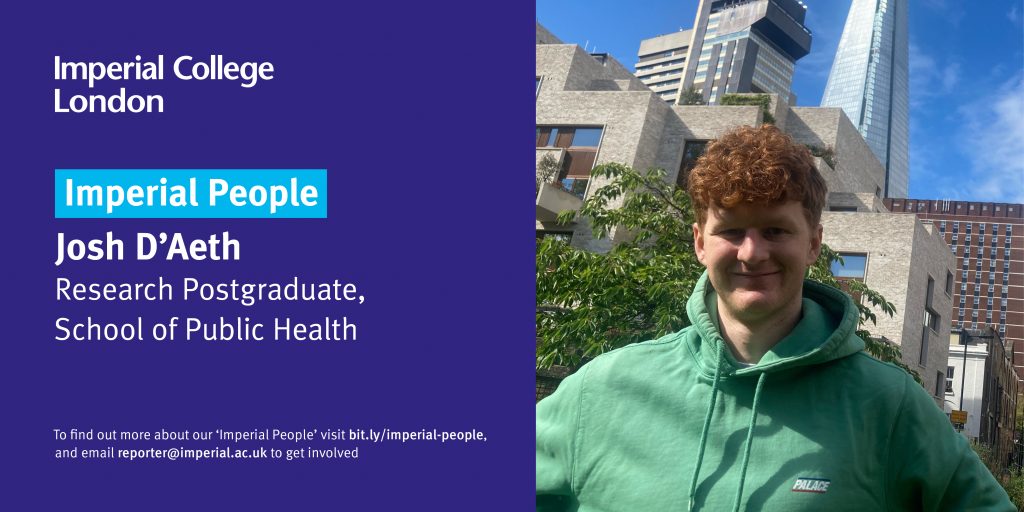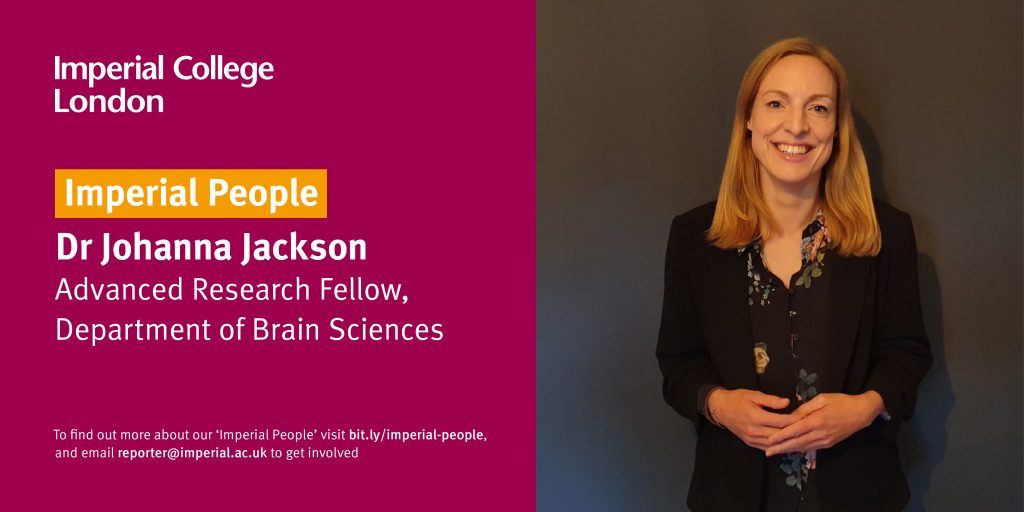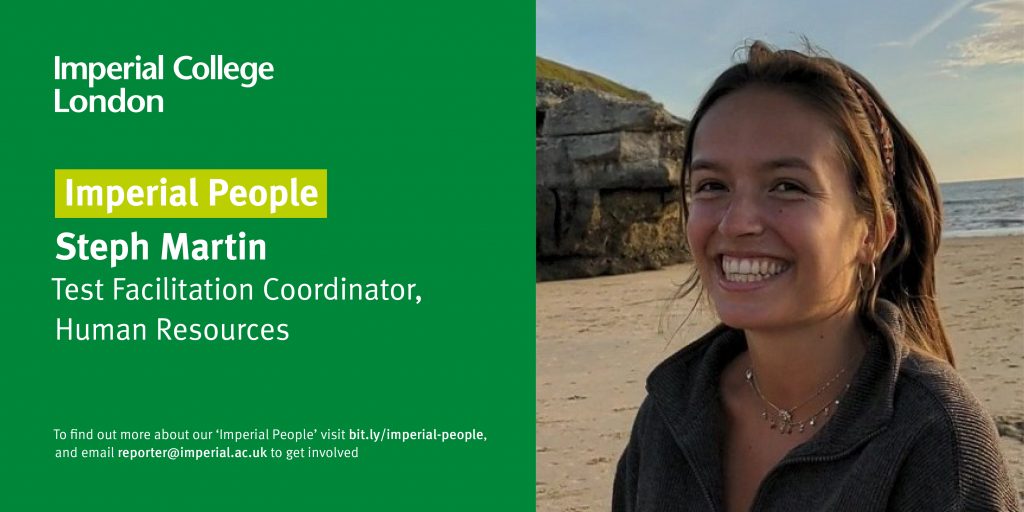“For me, the most satisfying moment is when I see colleagues put what they have learnt into practice.”
I work in the Centre for Higher Education Research and Scholarship where I co-lead the PG Cert in University Learning and Teaching which enhances staff learning, teaching and assessment practices. I previously taught research and academic writing skills to undergraduate and postgraduate students at the University of East London. I found it fascinating to shift from teaching students to teaching staff. For me, the most satisfying moment is when I see colleagues put what they have learnt into practice and can explain the educational rationales and pedagogies that underpin their activities.
I am currently also Principal Investigator for the Supporting the Identity Development of Underrepresented Students (SIDUS) which aims to promote inclusion and support success for STEMM students from underrepresented groups. Our team conducted 110 interviews with underrepresented students to explore their lived experiences, including their successes, challenges and opportunities. We are currently working with three brilliant StudentShapers students, to develop pedagogical materials to promote inclusion, educational aspirations and student success. I am very excited to see how our materials can support staff and students!
